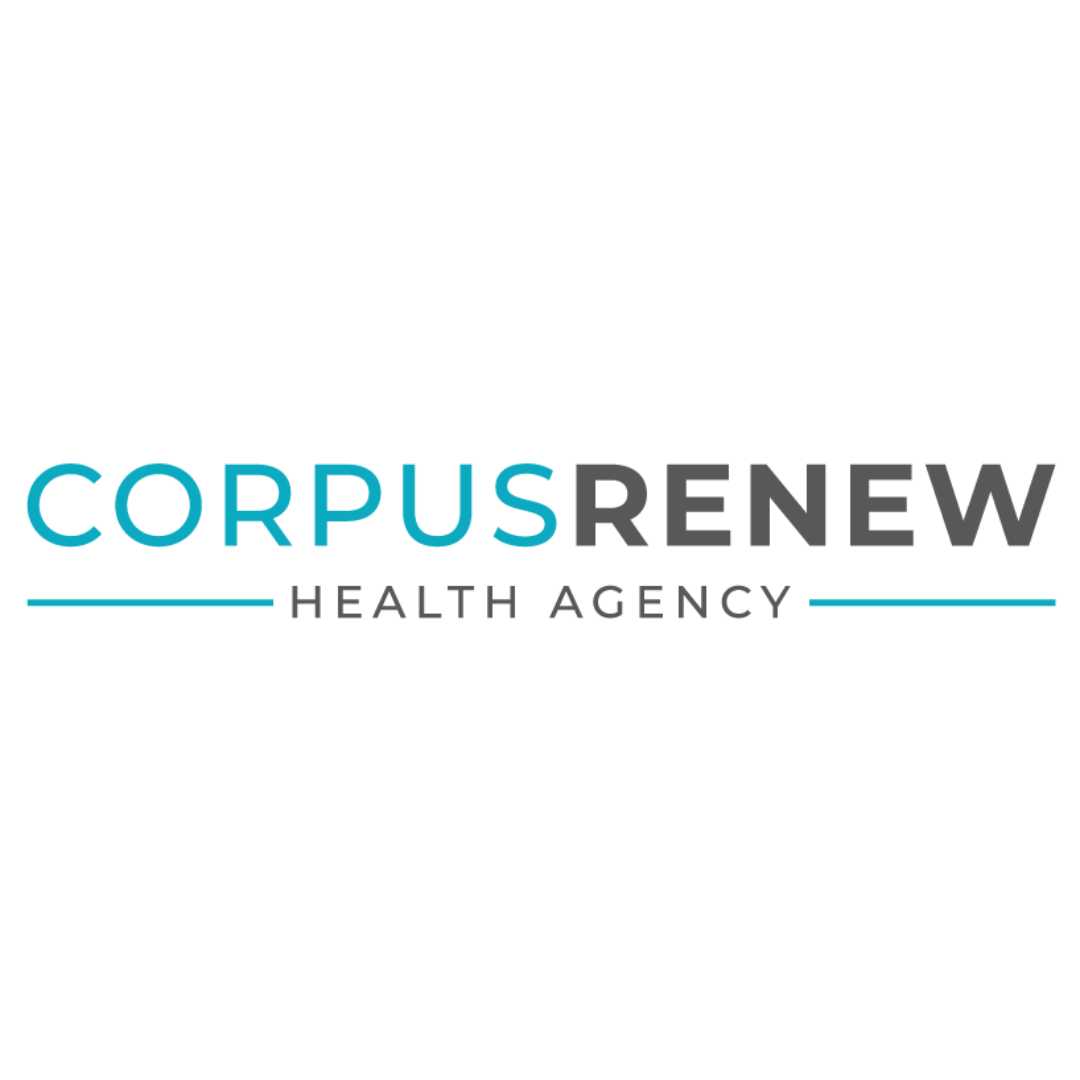Top Facelift Surgeons in Turkey and Their Expertise

While pinpointing a single "best" surgeon is challenging due to the personalized nature of cosmetic surgery, we will equip you with the knowledge to identify highly qualified, experienced, and reputable professionals. We'll delve into what truly defines a top-tier facelift surgeon in Turkey, from their credentials and experience to patient feedback and the quality of their clinic.
What is the average cost of a facelift in Turkey?
One of the primary reasons many individuals consider a facelift in Turkey is the attractive pricing, which offers substantial savings compared to procedures in North America, Europe, or the UK, without compromising on quality. The average cost generally falls within the range of $4,000 to $10,000. However, it's important to understand that this is a broad estimate, and the actual price can vary based on several factors.
Which cities in Turkey are known for quality facelift clinics?
Turkey's reputation as a medical tourism destination is bolstered by its strong healthcare infrastructure, particularly in its major cities. When it comes to finding quality facelift clinics and experienced plastic surgeons, three cities consistently stand out: Istanbul, Ankara, and Izmir.
Here’s a closer look at each:
- Istanbul: As Turkey's largest city and a major global hub, Istanbul is at the forefront of medical tourism. It boasts the highest concentration of internationally accredited hospitals and clinics, offering state-of-the-art facilities and a vast pool of highly skilled plastic surgeons. Many of the surgeons considered among the best facelift surgeons in Turkey practice in Istanbul. The city also offers excellent connectivity for international patients and a vibrant cultural experience.
- Ankara: The capital city, Ankara, also has a well-developed healthcare system with several reputable clinics and hospitals. While perhaps not as globally recognized for medical tourism as Istanbul, Ankara maintains high standards of medical care and is home to many distinguished plastic surgeons. It often provides a slightly more subdued environment for recovery compared to the bustling energy of Istanbul.
- Izmir: Located on Turkey's Aegean coast, Izmir is another significant city for medical treatments. It offers a combination of high-quality medical services and a pleasant coastal setting, which can be appealing for patients seeking a more relaxed environment for their recovery. Izmir has a growing number of modern clinics specializing in cosmetic procedures, including facelifts, attracting patients from Europe and beyond.
What should I look for in a facelift clinic in Turkey?
Selecting the right facelift clinic in Turkey is as crucial as choosing the surgeon, as the clinic environment and support staff significantly impact your overall experience and safety. A reputable clinic provides a holistic care experience from consultation to post-operative recovery.
How long do facelift results typically last?
One of the most common questions patients ask is about the longevity of facelift results. While a facelift can dramatically improve signs of aging, it's important to understand that it does not halt the aging process entirely. Gravity, sun exposure, genetics, and lifestyle choices will continue to affect your skin and facial tissues over time. However, a well-performed facelift by a skilled facelift surgeon in Turkey can provide enduring rejuvenation.
If you're ready to explore your options for a facelift in Turkey or other medical tourism solutions, we invite you to connect with PlacidWay. Our platform offers a comprehensive database of trusted clinics and experienced surgeons, helping you compare options, understand procedures, and plan your medical journey with confidence. Visit PlacidWay to find the best healthcare solutions tailored to your needs.




.png)


.png)

.png)
.png)
.png)
.png)






Share this listing